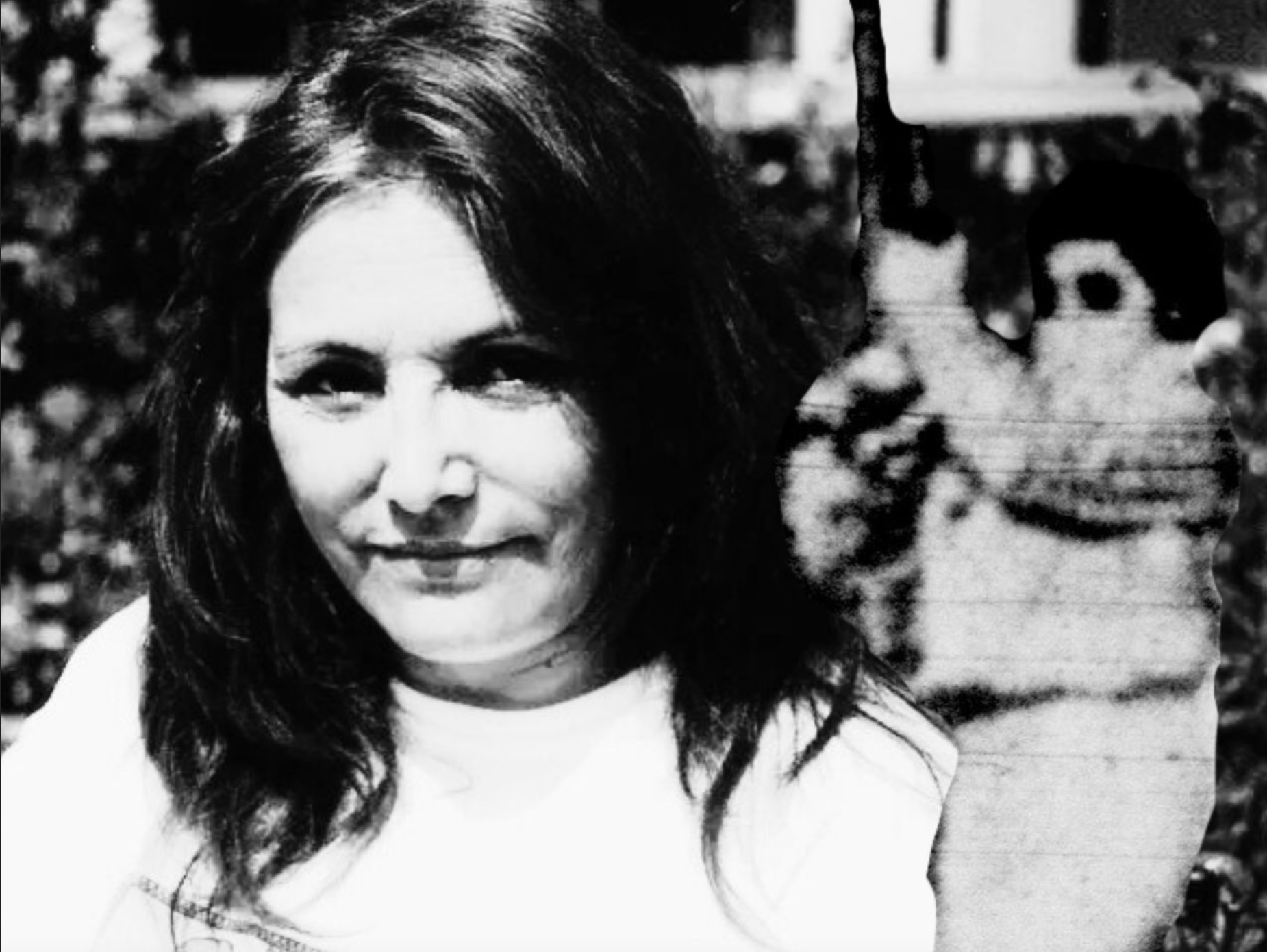
On the night of October 3rd, subversive comrade Marcela Rodriguez died in Italy after two weeks of hospitalization due to pneumonia. Marcela was part of the Lautaro Popular Rebel Forces, where she played a key role in actions against the dictatorship and the subsequent “democracy” of the Concertación.
“We didn’t believe that the Concertación would solve the problems of poverty, so we continued the armed struggle.” Marcela Rodriguez
In an interview we conducted with the collaboration of @buscandolakalle, we asked Marcela about the nickname “Machine Gun Woman,” which initially emerged from the fascist media with a derogatory purpose, but which ultimately left her forever in the collective imagination: “A stupid thing… But in the end, if what they wanted was to provoke rejection among the people toward us, toward women, it backfired, and they always put us on the front pages.” When we arrived in the towns, they applauded us and shouted “Long live women!” she told La Zarzamora.
Marcela was born on March 3, 1953, in Santiago. She spent her childhood in a working-class neighborhood in the southern part of Santiago called Villa Sur. She completed her primary education at the Alfonso Matte School in the Dávila neighborhood and her secondary education at the Technical Girls’ School No. 3 in the commune of San Miguel, where she says she received “the necessary tools to understand the world.” This, combined with the lessons at home, completed her education. “At family gatherings, my father would talk to us about the history of Chile and the world, especially the history of the labor movement, since he had been a union leader in his youth,” she told us.
In 1982, when the MAPU split, the Mapu Lautaro was formed, and she actively participated. After being part of the Lautaro militia, Marcela began participating in the FRPL (Lautaro Popular Rebel Forces), where she took action against the dictatorship and later against the coalition that maintained the regime’s continuity through political imprisonment, the murder of combatants, and the impunity of military personnel and civilians involved in the dictatorship.
On November 14, 1990, she participated in the rescue of political prisoner Marco Ariel Antonioletti from the Sótero del Río Hospital in Santiago, where she was seriously injured. Regarding this incident, Marcela told us: “I faced it with great courage. The truth is, I never thought they would kill me, that I would be imprisoned, or that I would die. I always thought what I was doing was the right thing, and the moment the bullet hit me, I said to myself, ‘I’m screwed, but they won’t see me cry,’ and that’s what happened.
Supposedly, everything that happened shouldn’t have happened; our actions were always clean. Unfortunately, when I was wounded, everything changed.” I believe the rescued comrade was taken to a house where he shouldn’t have been, and then the owner of the house, named Juan Carvajal, who would later become the Director of Communications for the Bachelet administration, betrayed him, and there he was murdered by police, rats, and special forces. The comrade was unarmed.”
The active memory of this brave comrade, with her irreducible attitude and absolute conviction in combating the enemy, is essential.
Marcela Rodriguez is undoubtedly a comrade of tremendous importance in our recent history of struggle, an example of the strength and conviction with all the intersections that inhabit the life of a woman, a woman who decided to stand up against tyranny and who dared to take up arms against the murderers who gave rise to the new order of capital in Latin America.
We embrace her comrade Julio from afar.
Comrade Marcela, today we raise your memory.
Marcela Rodriguez Present!!!
La Zarzamora
Read the full interview at: https://lazarzamora.cl/memoria-y-accion-entrevista-a-marcela-rodriguez-ex-combatiente-de-las-fuerzas-rebeldes-populares-lautaro-a-50-anos-del-golpe/
Source: https://lazarzamora.cl/fallece-en-italia-la-companera-subversiva-marcela-rodriguez/